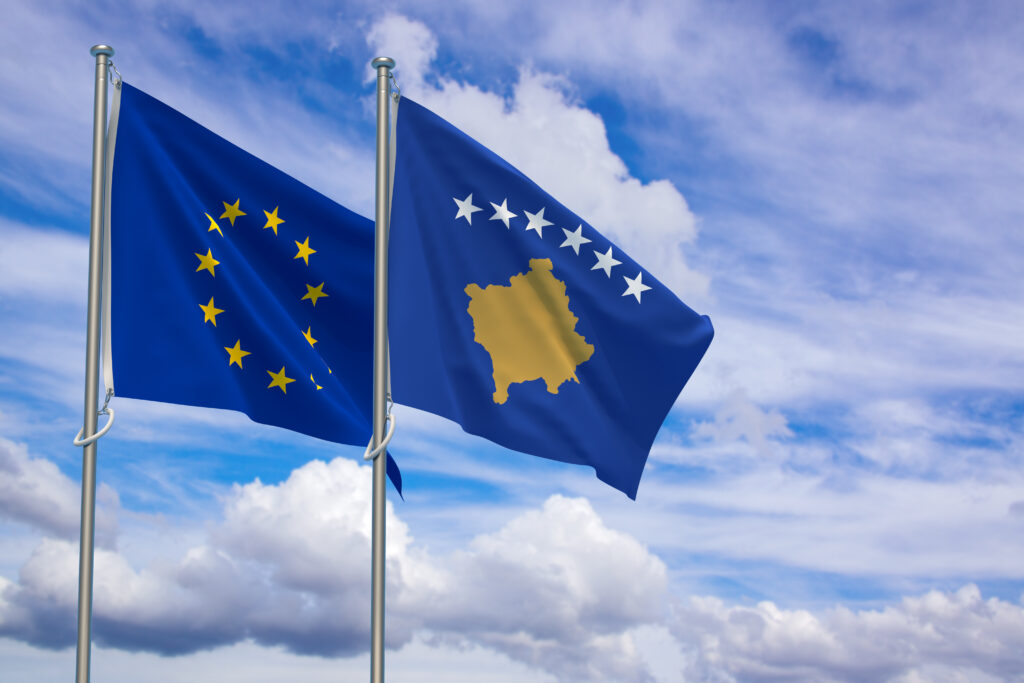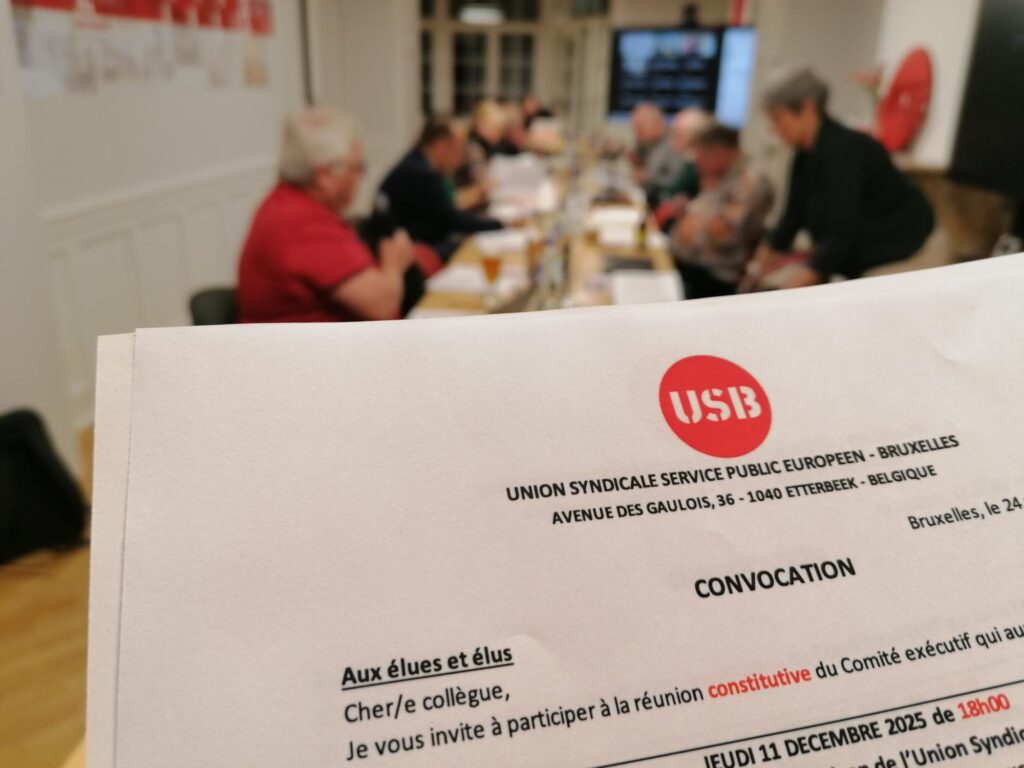The courtesy visit of Mr. Quest and Mr. Roques to the 3000 staff members of the six Executive Agencies of the European Union left a bitter taste in the mouths of the staff who cherished the hope of a constructive dialogue.
Not so much because Mr. Quest has strongly and clearly reminded the staff of their status as second-tier European agents.
The staff of the agencies are indeed well aware of their working conditions, which they accepted when they signed their contracts, as Mr. Quest delicately recalled, and contrary to what certain isolated demands, particularly on salary, might have suggested, which Mr. Quest has of course put forward. Staff are committed to the principle of reality and favors institutional pragmatism and openness to the “salamalecs” around the eternal recognition of the Commission’s executives for the essential role of the Executive Agencies in the construction of Europe.
But because Mr. Quest has slammed the door on any dialogue.
To the many concerns expressed about the lack of career prospects, mobility, and very slow promotions, the answer was no, we are not going to discuss it. Worry about losing motivation? A hazard of the status! The unique role of the Executive Agencies as an interface between the European bubble and the actors on the ground, a detail!
Mr. Quest did not take note of the quality of the cooperation developed within the framework of the Memorandum of Understanding signed on January 28, 2020, between the management of the 6 agencies, the representatives of their staff and the unions. However, this cooperation has made significant progress in terms of recruitment and employment conditions in the Executive Agencies and has strengthened the relationship of trust and mutual commitment between management and staff in the long term.
In doing so, Mr. Quest shows a certain contempt for the staff of the agencies, but also for its six Executive Directors involved in this cooperation.
And what can be said of the contempt shown towards the staff and union representatives who were not invited to speak in this capacity?
Because Mr. Quest does not need social dialogue, Mr. Quest speaks directly to the agents!
However, talking to agents without their representatives is not dialogue: it is monologue. Under the guise of “proximity” and “direct listening”, Mr. Quest is reproducing a well-known strategy: bypassing staff representatives to better minimize the role of social dialogue and weaken the only existing counterweight in an already unbalanced balance of power.
Was this authoritarian attitude the real purpose of this courtesy visit?
To remind Agency staff that they should be satisfied with these working conditions in an unstable geopolitical context and an uncertain budgetary future? That if they are not satisfied with managing programs on a production line without any prospect of career development or mobility, they can choose to leave?
This very short-sighted administrative vision ignores the singular expertise of the Executive Agencies in the implementation of European programs and their key role as an interface between politicians and actors in the field.
It also compromises the commitment made to the trade unions, in the context of the mobilization around the relocation of the Executive Agencies to the northern district of Brussels, to bring the dialogue to the central services whose policies have a direct impact on the staff of the Agencies, and which must be able to be involved upstream.
We ask Mr. Quest and Mr. Roques:
- To inform themselves of the significant progress made by the 6 Executive Agencies, within the limits of the staff regulations and implementing rules, for the improvement of recruitment and career conditions.
- To promote the opening of discussions on implementing rules to remove barriers and improve career and mobility opportunities.
- In doing so, to promote a genuine, fair, and balanced social dialogue in the interest of the Agencies and the Commission.
We look forward to a future courtesy visit in this clarified setting.





